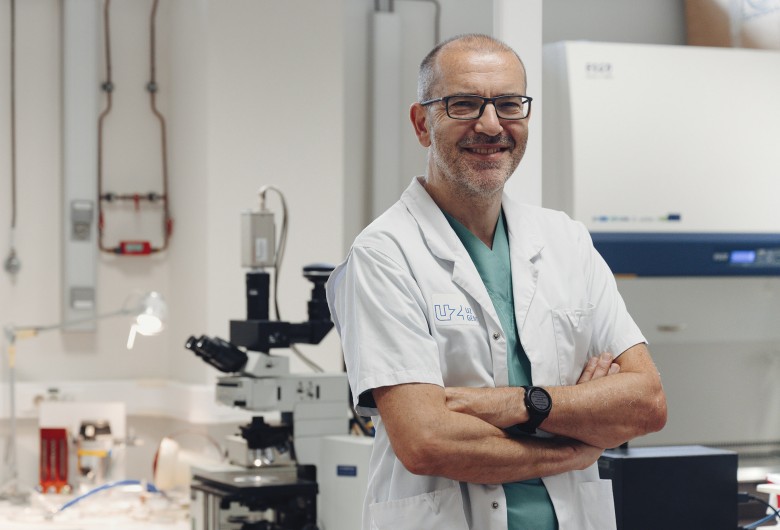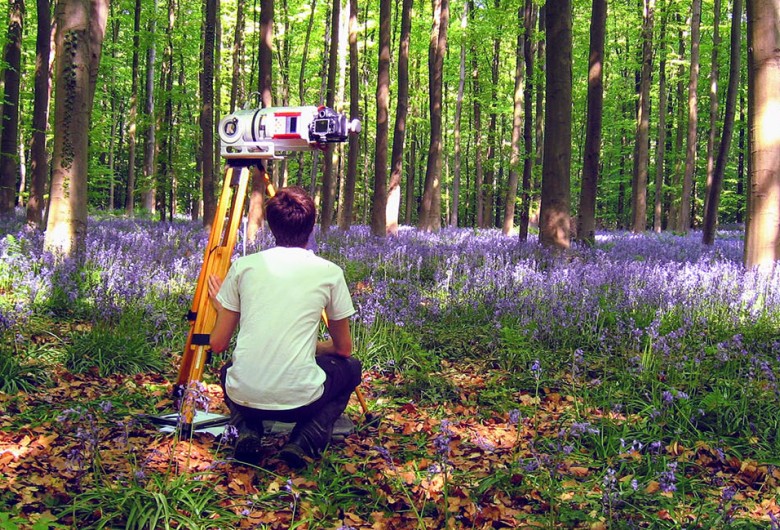Streaming, online TV or traditional TV viewing... How do you know where to watch?
Worldwide we are experiencing a real platformania: video-streaming platforms are popping up everywhere. But which platform is your best choice these days? And is it time to get rid of that traditional TV subscription?











